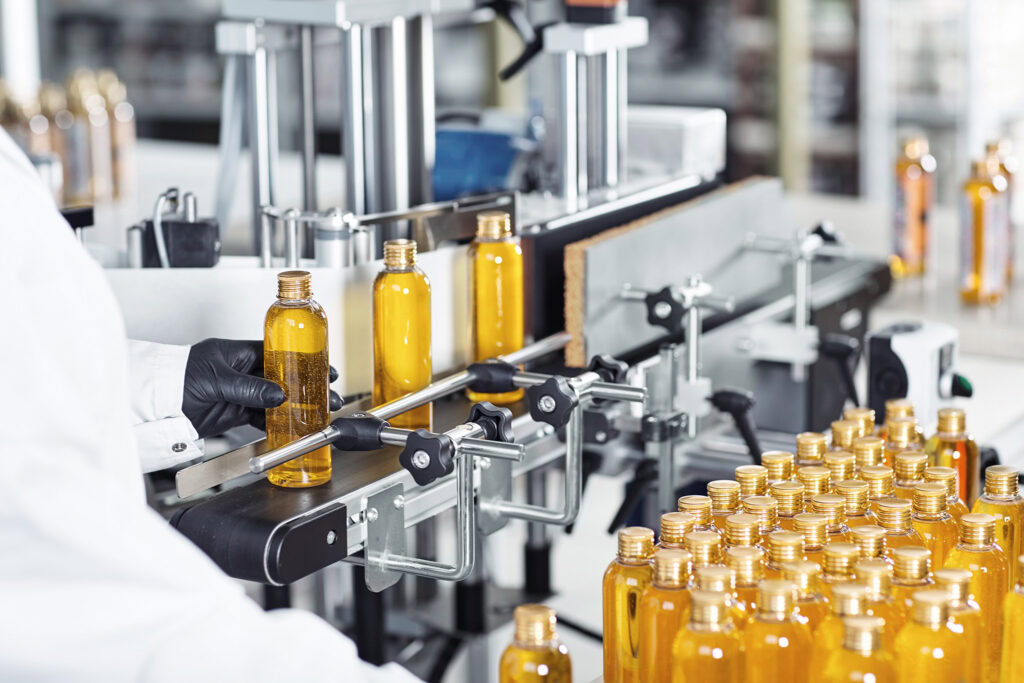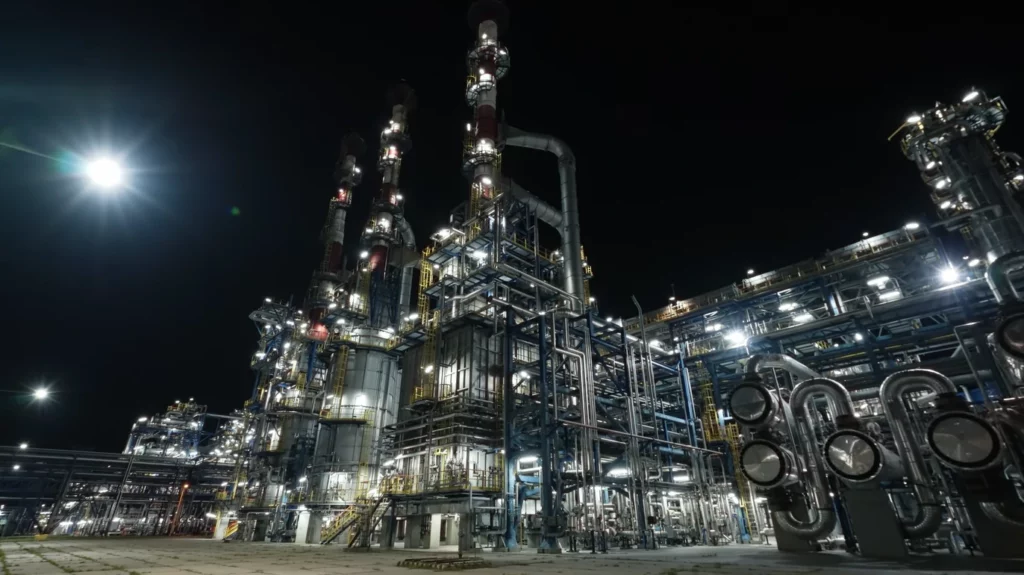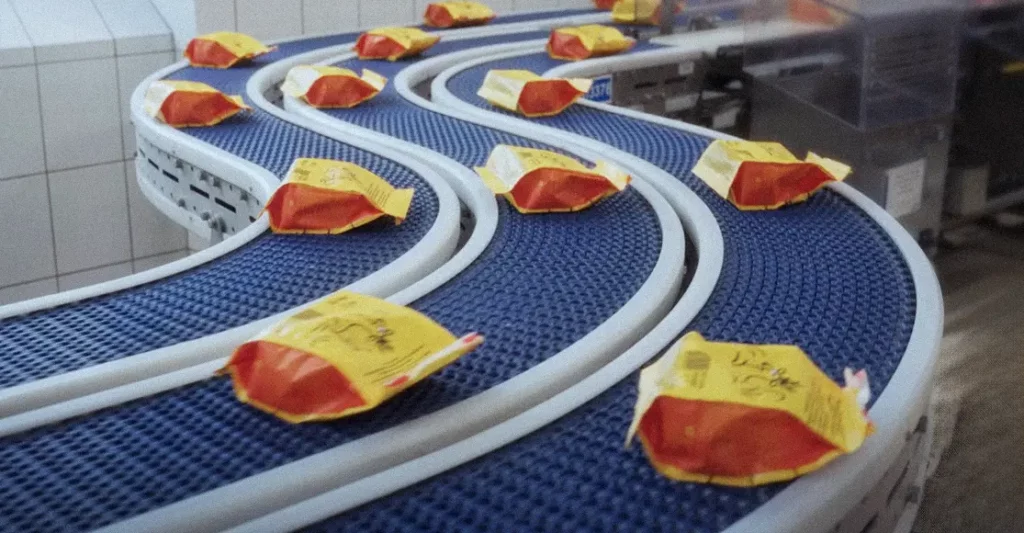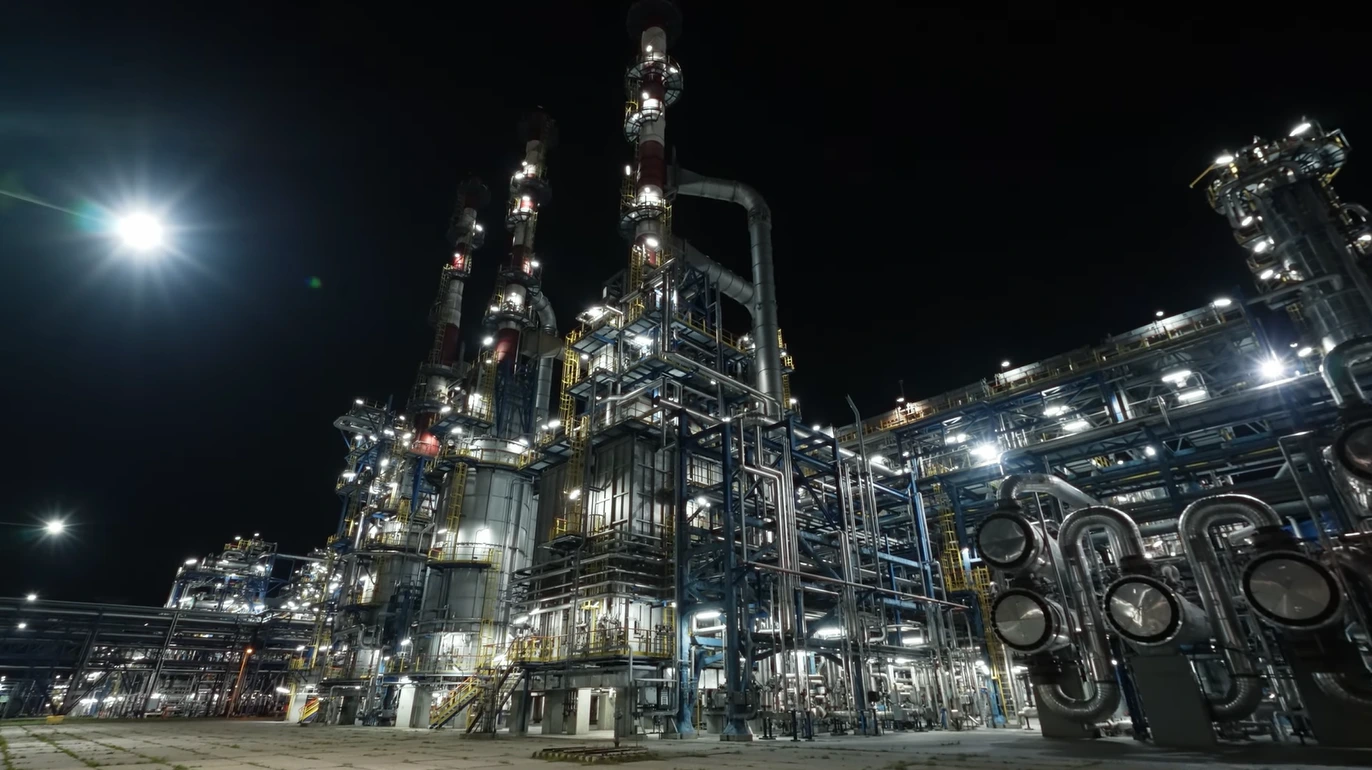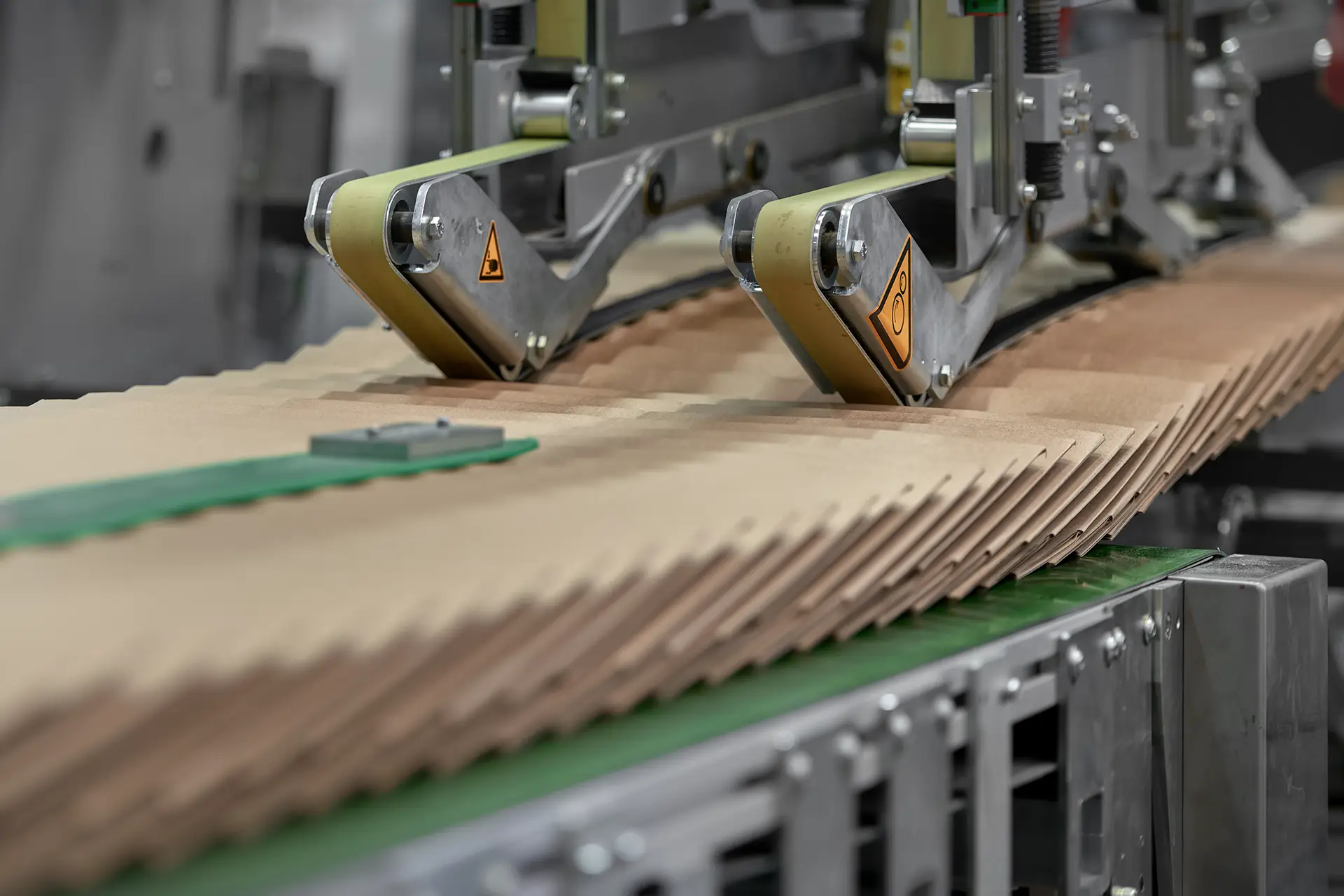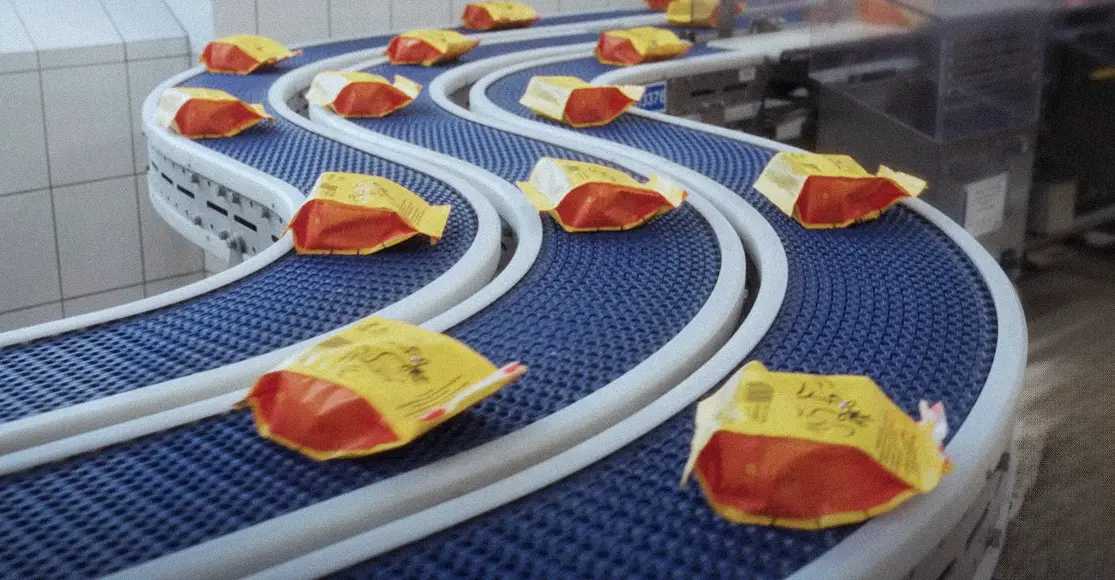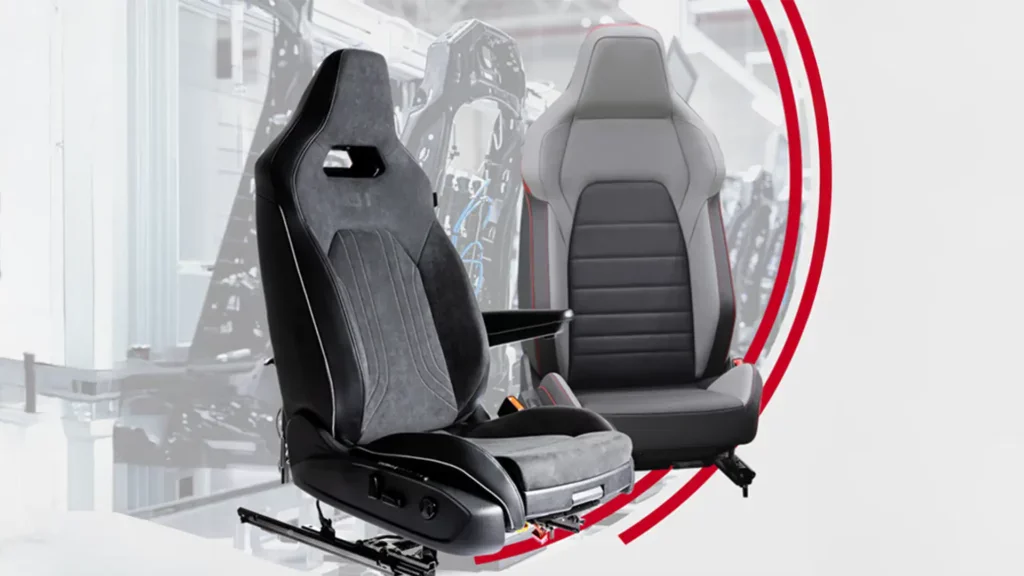
Digital Quality Assurance: How Brose Sitech Uses MES to Create a Better Product
Despite advanced machinery and well-organized logistics, many companies still rely on data scattered across various systems, handwritten notes, and spreadsheets. Data collected in this way is often incomplete, outdated, or contains errors. All this makes it difficult to identify root causes and manage quality effectively. Such problems were familiar to Brose Sitech – a leading manufacturer of car seats, seat construction elements, and other solutions forming the broad category of automotive interior components.
The company recognized that the key to further development – and to ensuring the highest quality – lay in better management of production data. Therefore, they decided to move away from previously used solutions in favor of modern technologies suited to a digital factory. The answer was the Manufacturing Execution System (MES).
Quality improvement doesn’t happen in meetings or laboratories – it happens on the shop floor, continuously. Every decision, every variable, and every, even seemingly small, error can affect the final product. The foundation here is access to real-time information on production progress. If the information from machines is too general and the status of work orders remains unclear, it becomes difficult to react to irregularities and even harder to prevent them. Therefore, an appropriate tool that provides all essential production data in real time is indispensable.
For many years, Brose Sitech relied on a custom solution, which over time ceased to meet the growing needs. Each launch of a new manufacturing line brought challenges related to scalability, speed of operation, and machine integration. The company needed a new approach – standardized, well thought out, and future-oriented.
MES (Manufacturing Execution System) is a digital platform that collects, analyzes, and shares data in real time and in full context. This contextuality is crucial, as MES not only records that something happened in production – it shows precisely what, where, when, how, and by whom. Moreover, this can be traced for every individual product.
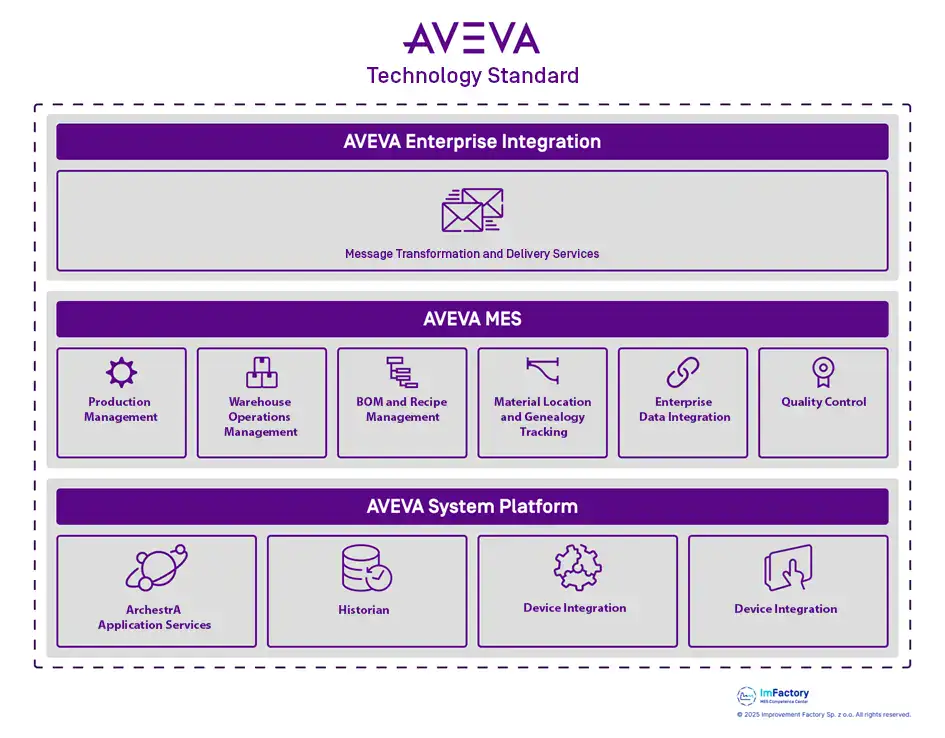
For Brose Sitech, this capability was key. The system, developed in collaboration with experts from ImFactory, was based on AVEVA solutions and implemented with the aim of ensuring product traceability, performance monitoring, and automated reporting. Today, MES enables the company to control every stage of the manufacturing process, supported by ASTOR – AVEVA’s distributor in Poland – which provides technical assistance and ensures the system’s reliability.
Traceability – the ability to track every stage of production and identify products based on their history – is a core MES functionality, particularly critical in the automotive sector.
Traceability facilitates detailed monitoring and documenting of manufacturing data, including performed operations, used semi-finished products, machine parameters, and operator information. These are then linked to product serial numbers and production batches. This not only helps meet stringent quality standards but also enables rapid response to potential issues.
“Thanks to product history, we can quickly react to warranty claims and, most importantly, narrow down the size of affected production to a minimum,” says the Regional Manager IT Digitalization Production at Brose Sitech.
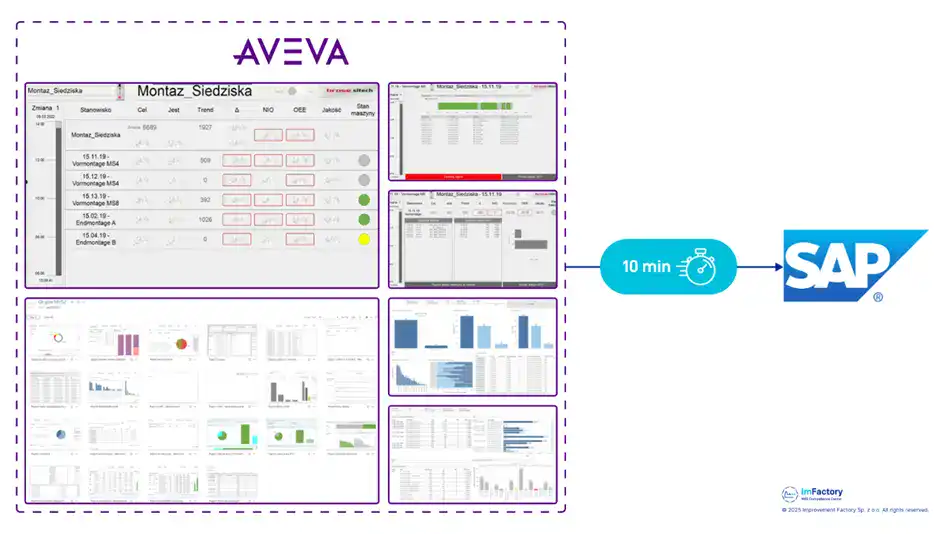
The key to the successful MES implementation at Brose Sitech was something commonly overlooked – a detailed specification. With support from ImFactory, the company devoted six months to developing a document defining exactly what the system should cover and how it should operate. Over 160 pages of analyses and requirements were prepared with input from representatives of the production, quality, maintenance, and logistics departments.
That time was certainly not wasted. As Brose Sitech emphasizes, “Without clearly defined requirements, it’s impossible to build a system that satisfies the whole enterprise.”
The result? A system that truly supports the organization. The data it provides – presented in the right context and format tailored to user needs – forms a solid basis for making well-informed decisions.
The previous system used at Brose Sitech had a serious flaw: “One of our biggest sore spots was the system’s response time to manufacturing machines.”
Therefore, adapting the new MES to ensure high-speed communication with machines – even as new ones were added – became one of the project’s key priorities. This was a complex task, as the system’s first phase already covered 35 complex and multifunctional machines in two facilities, and is now being expanded to include another 55 equally sophisticated devices.
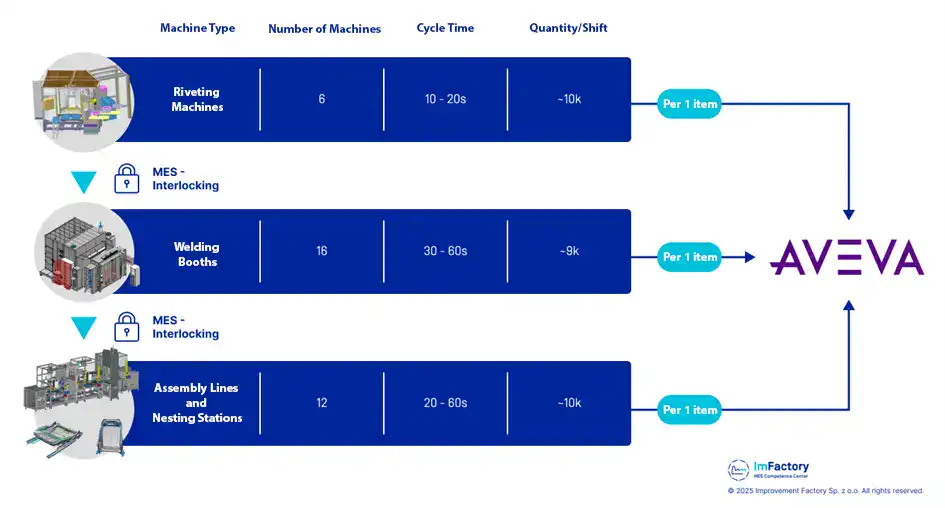
Today, communication between MES and the machines is measured in milliseconds. The system not only avoids slowing down operations but has become an integral part of them, an invisible layer that enables rapid response to any deviation from the plan. Notably, this new approach to machine-system communication was developed already during the specification stage.
Digital systems such as MES are no longer merely optimization tools – they have become the core of quality management in manufacturing companies. In recent years, the automotive industry has placed increasing emphasis on traceability, an MES functionality that is bound to play an even greater role in the future. Manufacturing parts must now be closely linked to the gathering of process data, and the related requirements continue to evolve.
MES solutions provide knowledge, ensure control, and enhance safety. They allow companies to respond to issues before they escalate and to document every stage of the production process.
The example of Brose Sitech shows that the digital transformation of quality doesn’t begin with system implementation. It starts with accurately diagnosing existing challenges, defining needs, and exploring potential solutions. Only then is it time to translate those insights into real solutions.
See also
Want to learn more? Visit our Knowledge Base, where you'll find articles and webinars by experts to expand your knowledge.
Check if Digital Transformation is the Answer to Your Company's Needs

























